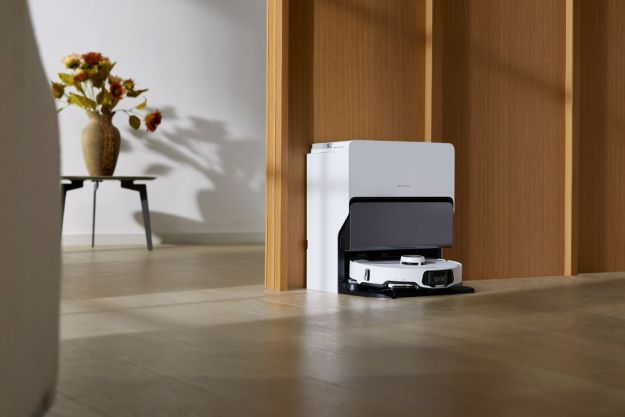Smart-luggage maker Raden has suddenly ceased operations. It’s the second startup to fold in the wake of stricter rules put in place by airlines concerned about the safety of the bags’ lithium-ion batteries.
American Airlines, Delta, and Alaska Airlines imposed new rules in January saying that if the battery is built into a piece of smart luggage and cannot be removed, it won’t be allowed onto the aircraft. United and Southwest Airlines followed suit a short time later. If the battery is removable and the smart-luggage is heading to the hold, it needs to be separated from the luggage at check-in and taken into the cabin.
Smart luggage offers a range of battery-powered tech that can include anything from GPS capability so you don’t lose it, to built-in digital scales so you don’t exceed your weight limits, to a motor that turns it into a scooter so you can whiz through the airport to your gate.
While Raden’s smart-luggage does use removable batteries, the strict rules have made travelers more wary about purchasing such items, devastating what until recently was a steadily growing market.
New York-based Raden posted a message on its site this week explaining the situation. It said that all existing shipments have been processed for delivery, but it can no longer process returns, exchanges or repairs.
Customers can still travel with their Raden cases “with the batteries simply removed as directed by each airline,” the now-defunct company said in its message, which also noted that its companion app will continue to pair with its smart bags.
Focusing on the reason for its closure, Raden said: “The changes in policies concerning batteries in luggage in December by all major airlines severely impacted the usefulness of our products, their value to our customers, our business performance, and ultimately the ability to continue operating.”
Raden’s demise comes just weeks after a similar outfit, New York-based Bluesmart, ceased operations. Bluesmart said the new rules imposed by airlines placed it in “an irreversibly difficult financial and business situation.”
Due to the fire risk that comes with damaged or poorly made lithium-ion batteries, the power source has been a serious concern for airlines ever since the technology was introduced.
The smart cases aren’t the first gadget to be targeted by airlines, either. In 2016, the U.S. Department of Transportation banned Samsung’s troubled Galaxy Note 7 from being taken onto aircraft, and before that, so-called hoverboards faced the same action after batteries inside a number of the personal transporters suddenly exploded.


